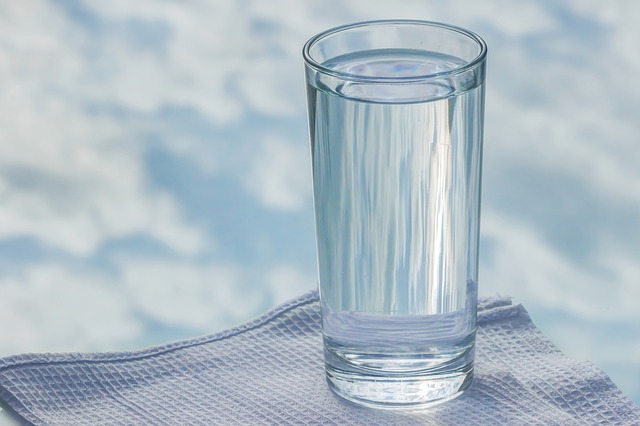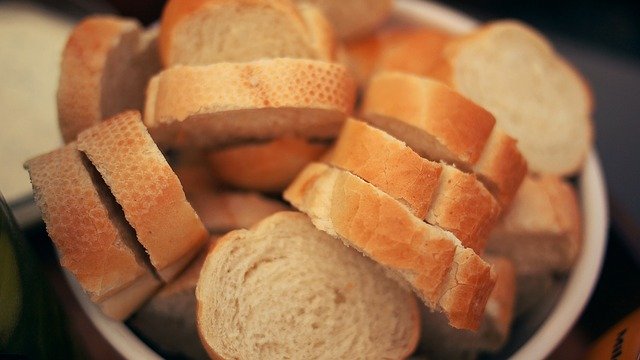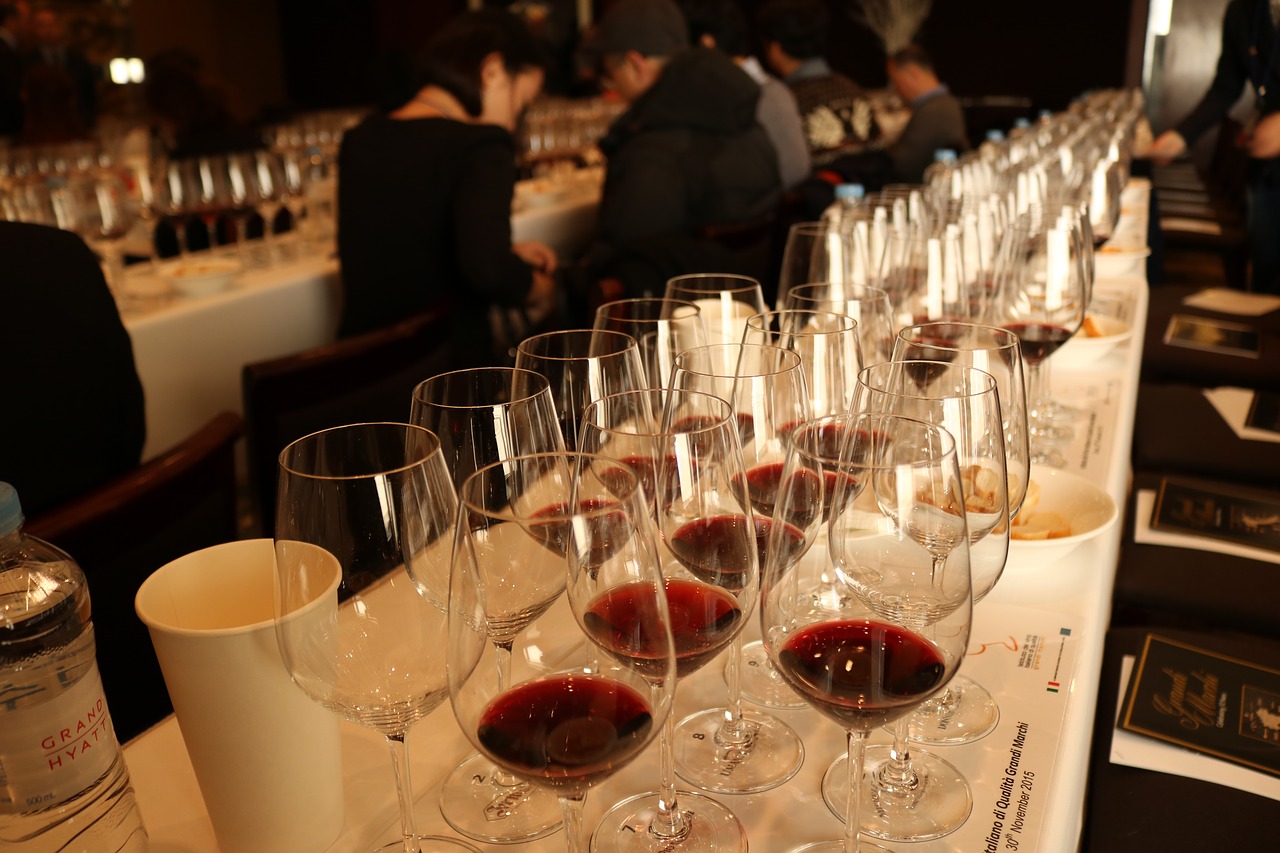My Biggest Pet Peeves in Wine Tasting
I listed five behaviors and attitudes I find particularly annoying when I try to concentrate and evaluate what I perceive in a wine.
Biggest Pet Peeve #1:
Serving coffee before starting a morning tasting
I do appreciate that tasting hosts want their guests to be comfortable and feel welcome. However, serving coffee to wine tasters before a wine evaluation is not acceptable, whether it is a casual or an important event.

Why? Couldn't coffee awaken your taste buds? Not really.
Coffee tends to have intense, lingering aromas, and persistent bitterness. These sensations saturate our olfactory detectors and taste buds.
Coffee drinkers will likely detect coffee-type smells and tastes in the wine they evaluate, carrying over from the coffee they just had before tasting.
If coffee is your morning beverage, stop drinking it at least two hours before the wine tasting starts. Only drink water until you taste wine.
Biggest Pet Peeve #1:
Useless palate cleansers
Water, bread or crackers, are the standard palate cleansers available at tasting tables. However, serving chlorinated tap water or, worse, earthy tasting water is not useful for cleaning your palate. Taste and check the water before starting the tasting. Filtered water is easy to get nowadays.
 |
 |
 |
Salted or flavored saltines might be delicious; they are not your ideal neutral palate cleansers. The salty taste and flavor may carry over in your next wine evaluation. Only use unsalted and plain crackers. Munching on them will help you salivate and get rid of residues. Rinse your mouth with water to cleanse your whole mouth.
Biggest Pet Peeve #2:
Palate not palette, please
I think seeing wine writers using "palette" for "palate" is my most irritable pet peeve. English is my second language, and I understand the possible confusion.
The palate is the "roof of the mouth," separating the oral cavity and the nasal cavity. The palette is the painter's tool to mix colors. Of course, wine can have a palette of different aromas, while we may feel a few sensations on the palate.
 Image by Bao_5 @Pixabay
Image by Bao_5 @PixabayBiggest Pet Peeve #3:
Communal spittoon or no spittoon at all
Spittoons are essential accessories to wine tasting. I prefer having an individual spittoon than having to share and disturb my neighbors, anytime I have to spit.
Small individual spittoons don't work either. Provide at least an eight oz/250ml size goblet with a lid. Let the taster discard the content when they have completed their wine evaluations.
Biggest Pet Peeve #4:
Fragrant and loud neighboring tasters
A typical wine evaluation consists of describing the aromas by smelling the glass or while sipping the wine. Any fragrance or body odors that the neighboring tasters may emit will compete with the wine aroma.
I always ask people to refrain from wearing perfume or smoking before attending a tasting so that the smells do not spread in the room.
For some reason, certain people cannot taste in silence; they make all kinds of noises when they sip and swirl the wine in their mouth or spit. It's distracting, and therefore annoying.
 Image by eggmijin@Pixabay
Image by eggmijin@PixabayBiggest Pet Peeve #5:
"Know it all" pseudo-experts
The wine world is full of extraordinary, generous, and passionate people. But it also suffers from wine snobs and people who show off and pretend they know better during tasting events.
Wine snobs like to be the center of attention. They often dominate the discussion when tasters share their tasting notes. They have an explanation, often erroneous, on why the wine tastes like it does or should taste as it should.
In my opinion, we should all be humble when tasting wines. Your senses tell you the wine stories, and there is no wrong or right answers as far as what you smell or taste.
I believe that the most productive wine evaluations are tastings conducted in a quiet environment, in silence, without distractions, and designed to focus on the wines. I describe them as "mindful tastings," a reference of the mindfulness practice to be present, in the moment.
After all, wine tasting is about experiencing wine in the moment. Mindful tasting helps forge memories of wine aromas and flavors to build further our knowledge on the grape varieties, the wine regions, or the wine styles, one tasting at a time.
What about you?
What is your biggest wine tasting pet peeve?
Published August 12, 2020
Home > Tasting Basics> Biggest Pet Peeves


New! Comments
Have your say about what you just read! Leave me a comment in the box below.